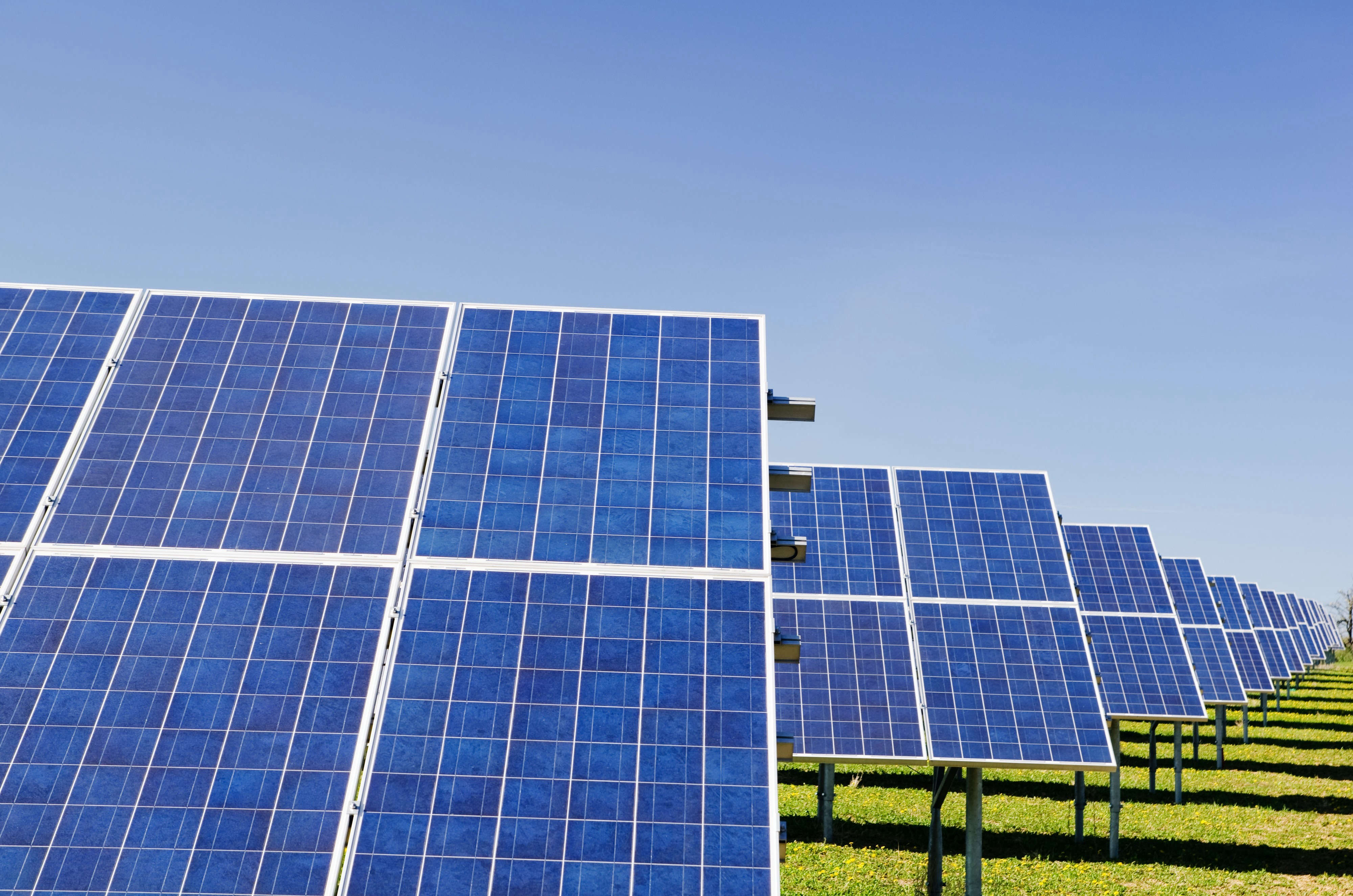
Councillor denies too much land has been taken up
A Green councillor has denied that too much of North Devon’s agricultural land is being taken up by solar farms and says farmers were “welcoming” the income.
Cllr Ricky Knight (Heanton Punchardon) said it was a solution for hard hit farmers who were facing insolvency and currently only 0.1 per cent of agricultural land in this country was given over to solar farms.
He said panels were situated on low grade farming land, sheep could still graze quite happily under them and they were wildlife havens.
He was responding at a meeting this week to a question from a member of the public who asked if North Devon Council was considering calling a food and farming crisis because of good agricultural land being used for renewable energy schemes and other carbon-busting ideas.
Cllr Knight, who last year faced the wrath of the council when he suggested it stop offering meat at staff events in favour of plant-based products, said no council could be more supportive of the farming community than North Devon but farmers were having to diversify because of world events such as wars and covid, Brexit, strangleholds by supermarkets, rewilding and intensive farming plus fluctuation in international markets and poorly regulated food imports among other things.
“Solar panels are not just the most popular of renewable energy options, their roll out is essential to the government’s commitment to wean this country off fossil fuels to achieve net zero by 2050,” he said.
“Even then it will account for 0.6 per cent of agricultural land which is less than that occupied by golf courses,” he said.
“Many farmers are desperate to diversify in attempt to remain solvent, allowing solar panels or turbines is a very welcome solution.”
According to countryside charity the CPRE the nine largest solar farms covering 100 plus acres in 2023 were all within the local authority areas of Torridge, North Devon, Mid Devon and East Devon.
That year the charity launched its own campaign for solar to be located on rooftops, to slow what it said was “the alarming spread of industrial-sized solar developments across the county”.
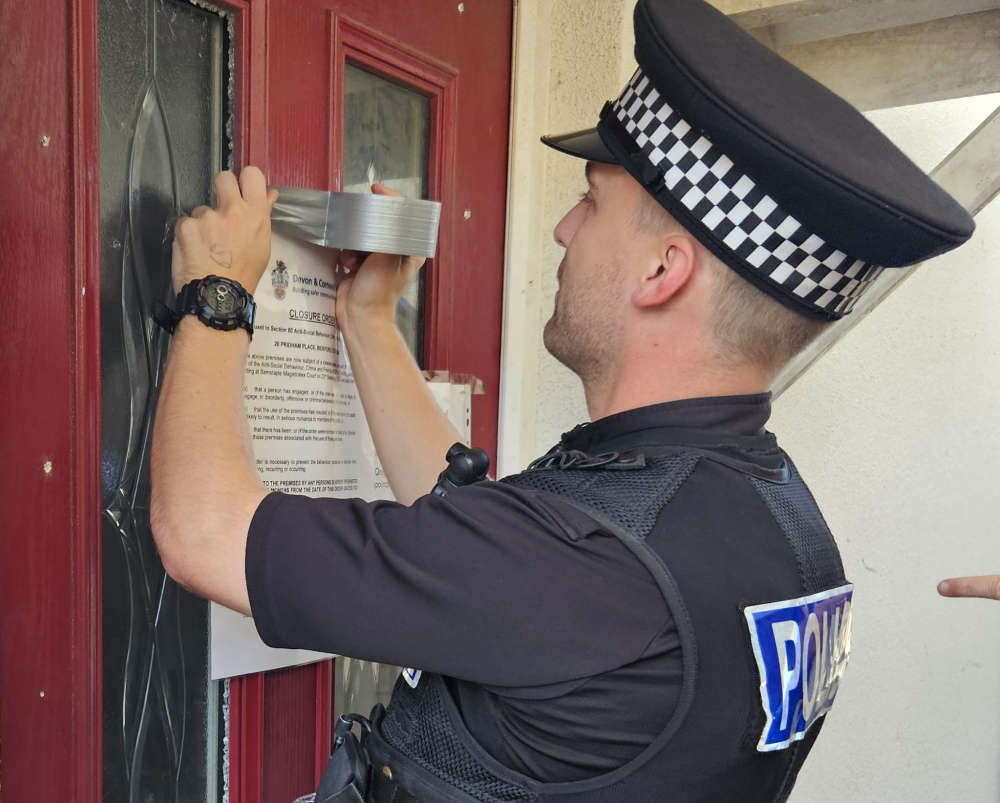 Closure orders for Bideford properties
Closure orders for Bideford properties
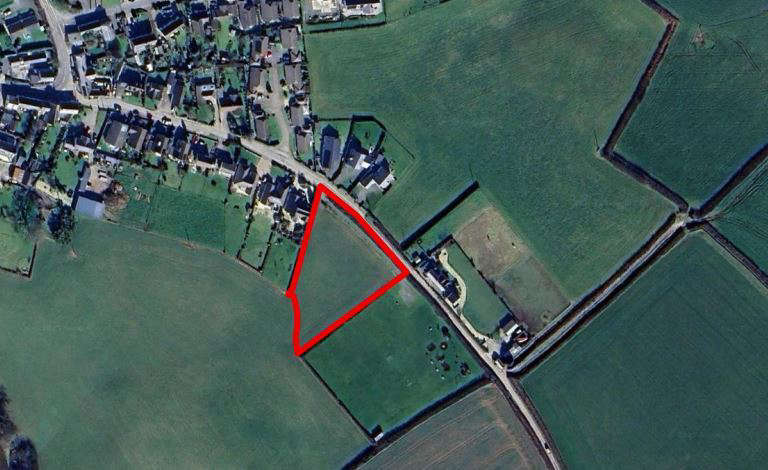 Homes plans for several Torridge villages
Homes plans for several Torridge villages
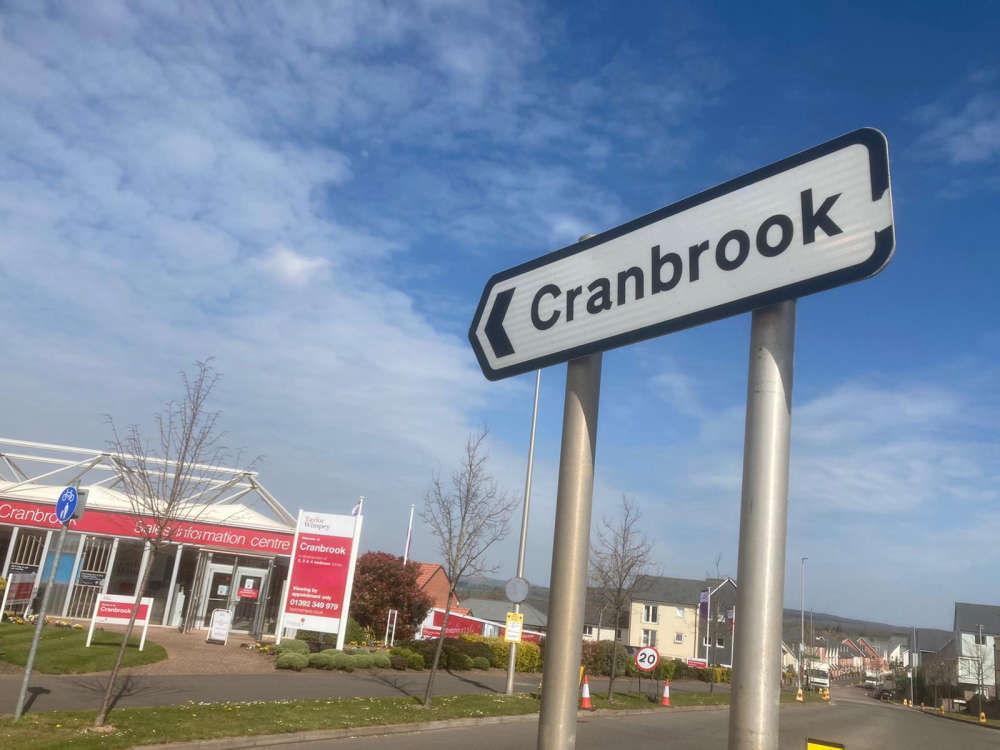 81 new homes announced in Cranbrook
81 new homes announced in Cranbrook
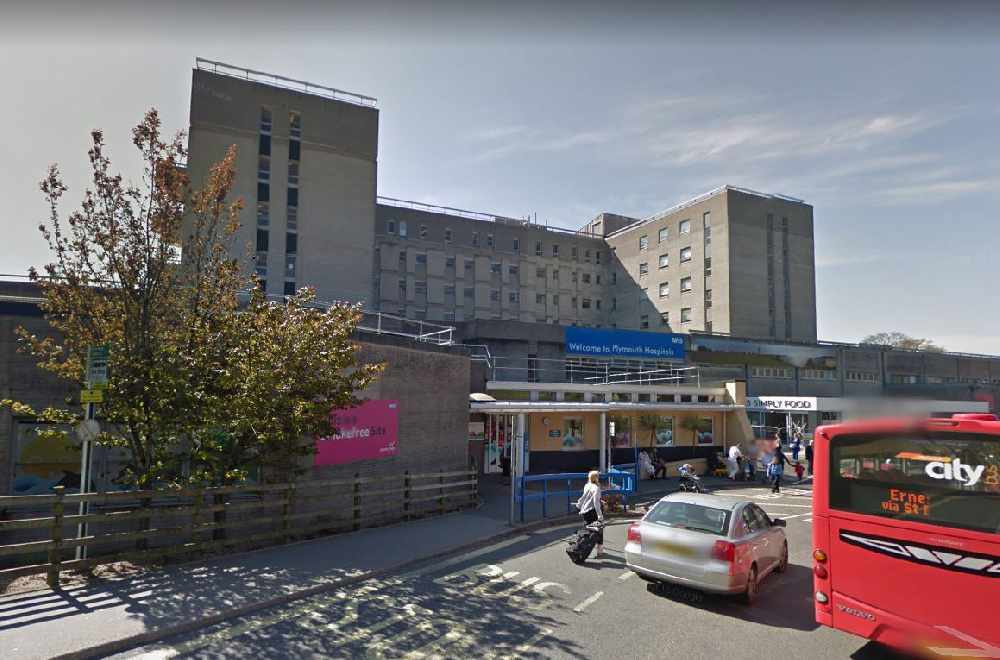 Exeter hospital outperforms Plymouth's
Exeter hospital outperforms Plymouth's
 Free school meals become automatic in Cornwall
Free school meals become automatic in Cornwall
